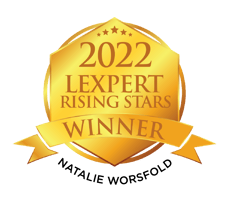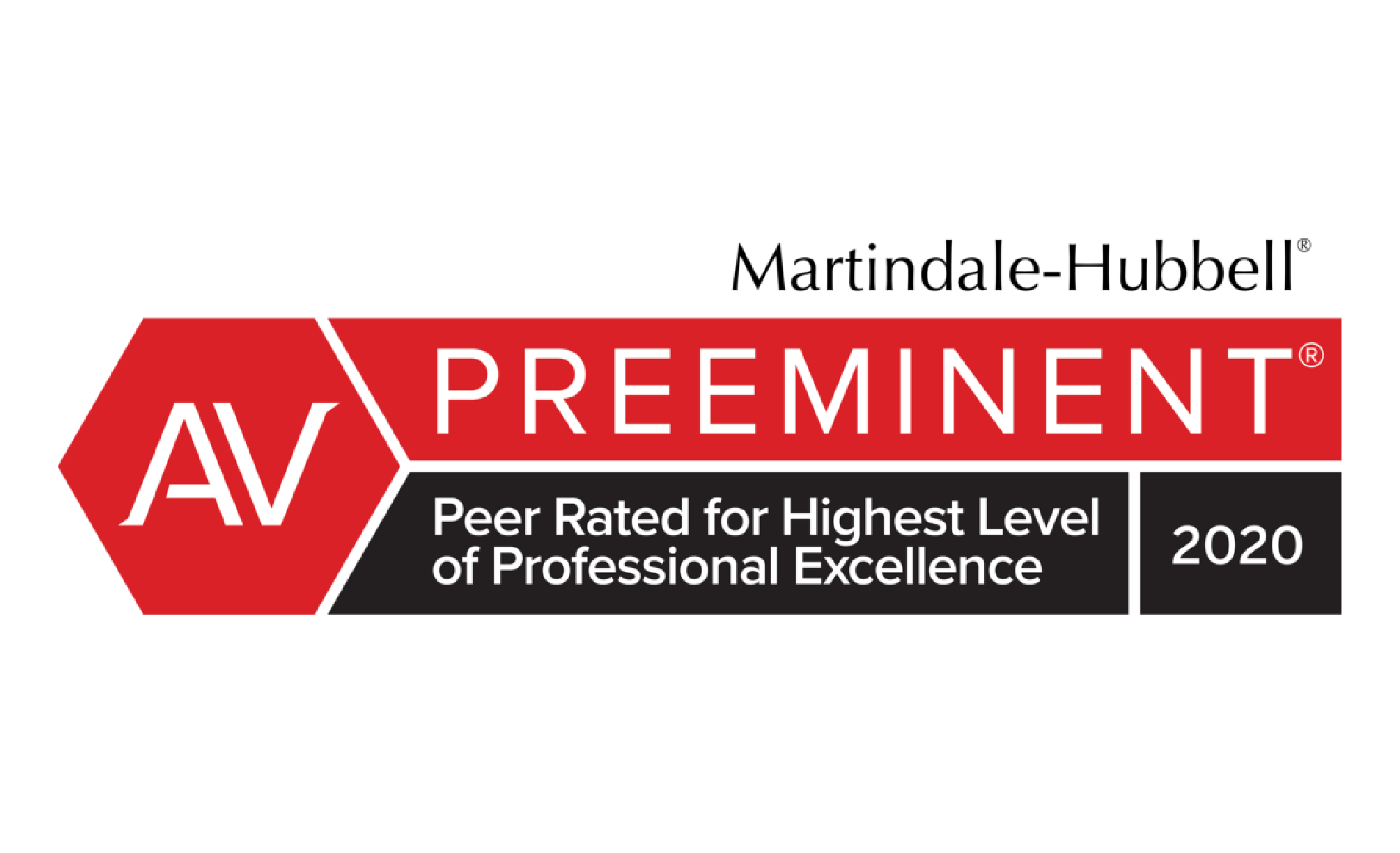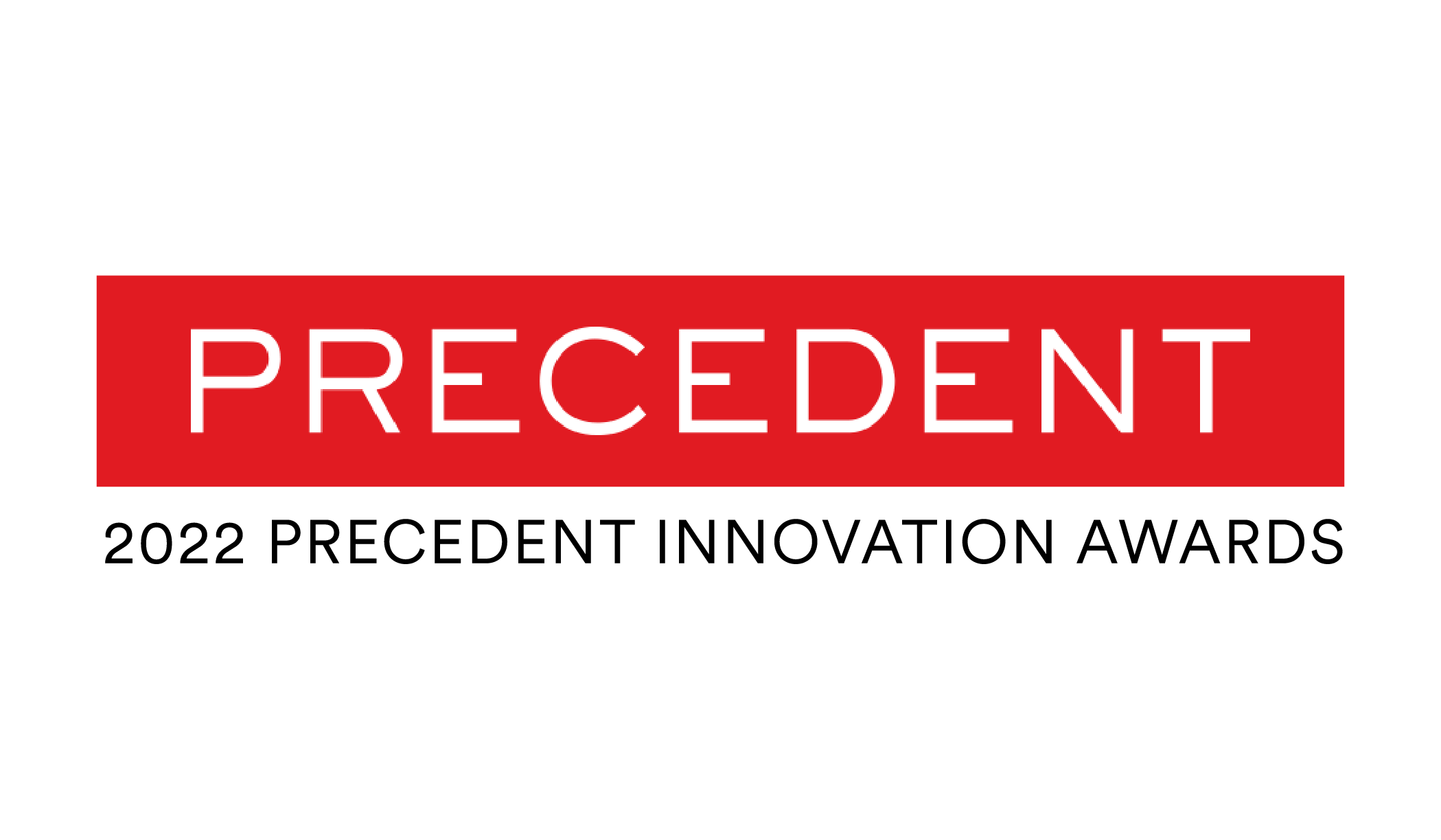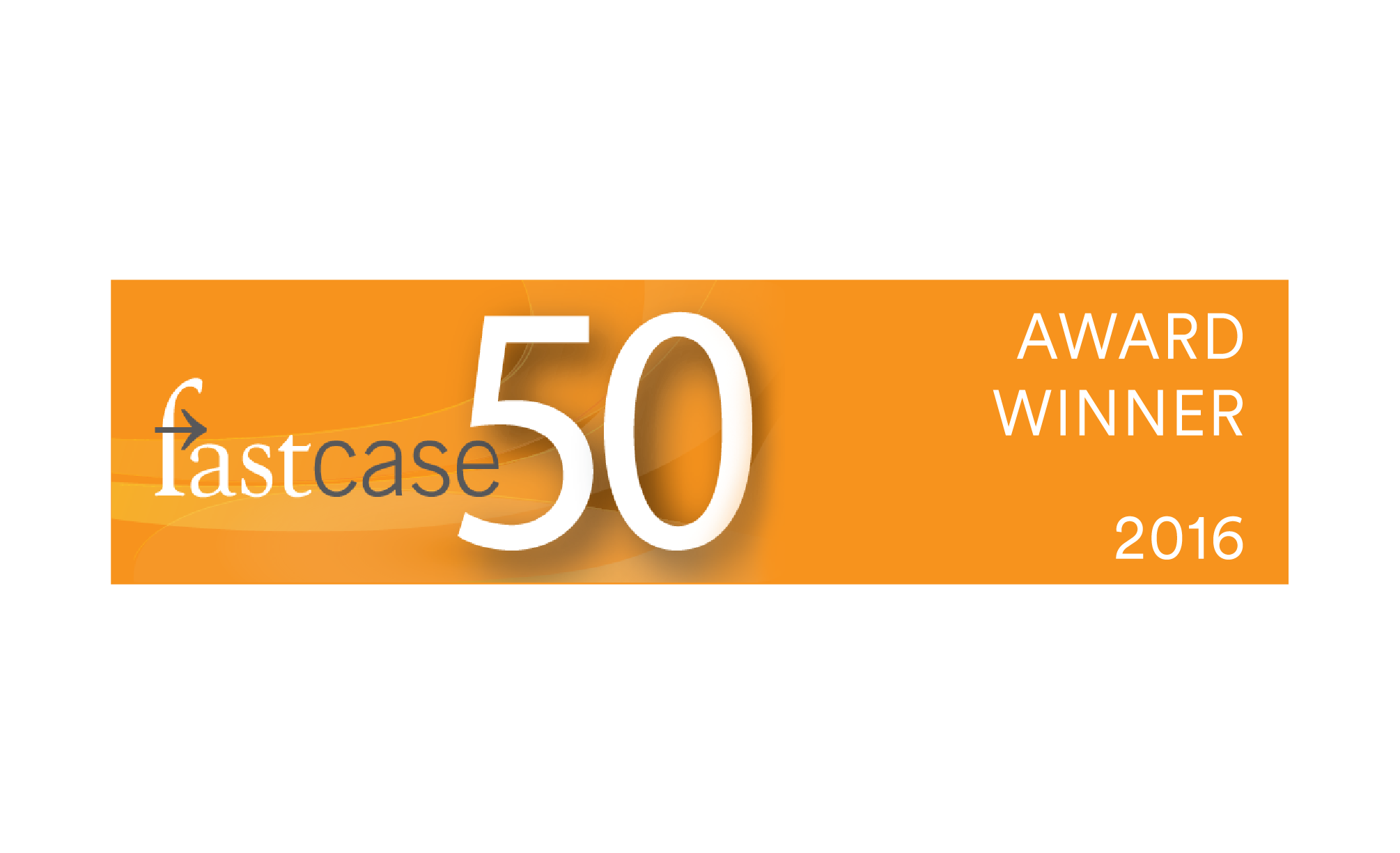
Peter Aprile and Natalie Worsfold interview Erin Cowling, Flex Legal Network’s (“FLN”) co-founder and senior counsel. Peter, Natalie, and Erin discuss FLN, whether freelance lawyering is NewLaw, and how on-demand lawyers could change the legal landscape.

Erin has over ten years of experience. She has worked as a corporate litigator at a large Bay Street firm, and she has worked as an associate at an estates and trusts litigation boutique. In January 2013, Erin started offering freelance legal research, litigation support, and content marketing to sole practitioners to mid-size law firms and in-house legal departments.
In 2015, Erin, along with partner Ashleigh Frankel, launched Flex Legal Network (“Flex”). Flex provides law firms with the opportunity to access quality (and cost-effective) on-demand lawyers to cover overflow work.
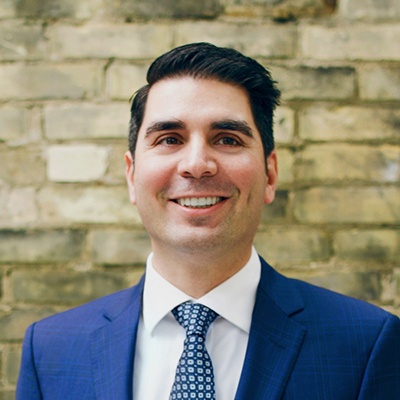
Peter Aprile is a senior lawyer specializing in tax dispute resolution and litigation. His vision as Counter’s founder and his everyday role at the firm are one and the same: to be an agent of change, uncovering opportunities and developing strategies that achieve more than anyone expected. A creative thinker, Peter studies problems from all different angles to find what others have missed. He’s also convinced that he likes winning more than most people.
Different people describe Peter in different ways. At the CRA and the federal Department of Justice, the word relentless comes up quite a lot. Admittedly, so does the word a**hole – but it’s often said with a certain grudging respect, if not affection. Peter’s clients call him a saint. Well, some of them, anyway. His colleagues describe him as empowering and harddriving, but fair. Peter’s friends call him loyal. His wife describes him as a lot to deal with, but worth it. Peter encourages his young daughter and son to call him “The Big Homie,” though with limited success. His mother describes him with the single word mischievous – before going on to complain that he should call more.

Natalie is a tax lawyer who represents individual taxpayers and owner-managed businesses in disputes with the Canada Revenue Agency (CRA). She also successfully challenges CRA decisions denying taxpayer relief and helps facilitate applications under the Voluntary Disclosures Program.
But what you really need to know about Natalie is that she’s a tax litigator with heart. When she takes a case, it’s not out of technical interest – it’s because she cares. And if she believes the government has got something wrong, she won’t stop until it’s been put right. She’s fierce.
Natalie is the co-architect behind many of Counter’s process workflows, software and data analytics systems, as well as our comprehensive knowledgebase (loving named Hank). And when it comes to preparing cases, she’s Counter’s secret weapon – happiest when elbow-deep in evidence, meticulously building creative solutions to seemingly impossible problems. Because the fact is Natalie sees things that other people don’t.
Natalie’s family and friends describe her as loyal, selfless, understanding and fun. They also mention stubborn. To her Counter colleagues she’s a combination of stellar brainpower and contagious enthusiasm who elevates the game of everyone around her.
Practices
Tech, Tools & More
[music]
Peter Aprile: [0:07] Hi, and welcome to Building NewLaw. It’s a podcast hosted by me, Peter Aprile, and my colleague, Natalie Worsfold.
[0:19] In each episode we interview lawyers, legal technologists, and other like minded people at the forefront of NewLaw. We hope that the podcast connects the NewLaw community and helps us all learn more about the approaches that are changing the way that we practice law.
[0:34] Enjoy the show.
[music]
Sponsor: [0:40] The Building NewLaw podcast is supported by Counter Tax Lawyers, a new type of tax controversy and litigation law firm. To learn more about Counter, go to countertax.ca.
[music]
Natalie Worsfold: [0:56] On today’s episode we’re talking about different models for delivering legal services.
Peter: [1:01] In particular, we’re going to talk about freelance lawyers. What are freelance lawyers? They’re essentially lawyers that are providing on demand legal services to other lawyers, law firms, or organizations.
Natalie: [1:10] There seems to be a new breed of freelance lawyers emerging who are taking control and creating a new model in the freelance world.
Peter: [1:18] I think the landscape is shifting. What’s happening is people on both sides of the equation are learning that there are real benefits to delivering and receiving services under this model. It’s taking away a lot of the barriers that have existed in the past and possibly providing a much more efficient and cost effective way to deliver services.
[1:50] When we started to look at the landscape to determine who was doing this we found Flex Legal. What Flex Legal is, is a company, I won’t call them a law firm, but a company that organizes and vets freelance lawyers and connects them with law firms.
[2:03] We reached out to the cofounder of Flex Legal, Erin Cowling, and learned a little bit more about her practice.
[music]
Peter: [2:13] Hi Erin, thanks for coming to talk to us.
[2:15] You’ve recently cofounded Flex Legal Network. Can you give us a high level overview of what Flex Legal is, what areas of expertise it covers, and some of the nuts and bolts?
Erin Cowling: [2:24] Sure. Flex Legal Network is a network of freelance lawyers. We have three freelance lawyers in Toronto and three in Ottawa. We provide legal services to law firms, sole practitioners, in-house legal departments when they need us on an on demand basis.
[2:43] We cover everything from litigation support, to criminal law, family law, employment law. We help with drafting blog posts, newsletters, anything these lawyers need help with.
Peter: [2:55] When you say, “freelance lawyer,” that’s a different concept. It’s a small law firm or a medium sized law firm in particular that would call up? What does that exactly mean?
Erin: [3:03] Basically all of the above, and even large law firms if they’re missing someone with a certain expertise or experience. A lot of large law firms might have a lot of first year or second year associates and then a lot of partners and may not have that senior associate level.
[3:18] If a large trial comes in and they need an associate just for that one trial but they don’t want to hire a full time associate they would come and turn to us.
Natalie: [3:26] You’ve been a freelance lawyer for a good few years now. Obviously you’ve founded Flex Legal Network in 2015. What would you say has been your biggest roadblock?
Erin: [3:33] I think the main issue we’re facing is education. Educating everyone as to what a freelance lawyer is and what are the services that we provide.
Peter: [3:41] The lawyers that are attracted to this model and that are attracted to Flex Legal and that are joining, who are they? What type of people are they? Why would they be attracted?
Erin: [3:50] The freelance lawyers we look for to join Flex Legal have to have a minimum of 10 years experience. We want people who have actually been out there and either practiced law with a large firm or in in house department but have actually been out in the real practice of law first before they’ve established their freelance lawyering.
Peter: [4:05] When I look at the model from an outsider looking in, I think, “Wow, what a great concept,” in terms of a lawyer being able to be connected to an entity. I won’t call it a law firm, but an entity that will provide me with an opportunity and access to great clients. Do great work. But I can do it on my own schedule and my own timeline.
[4:15] Can you talk a little bit about that?
Erin: [4:16] Definitely. Flexibility is at the core of Flex Legal Network for both our lawyers and our lawyer clients, as well. You can take on as much work as you want or as little work as you want.
[4:26] The one good thing about being a freelance lawyer, it’s often discrete, one off tasks you are doing, unlike a sole practitioner where you may have files that go on for years that could blow up at any minute and ruin your vacation plans.
[4:37] As a freelance lawyer, you can take on two or three projects at a time, or one if you want. There’s a beginning and an end. You can move on to the next or not move on to the next.
Natalie: [4:48] Are the lawyers that are joining Flex Legal focused on a specific area of practice?
Erin: [4:52] Obviously we don’t want to have 10 corporate lawyers if we don’t have a need for 10 corporate lawyers. Right now we try to keep a wide variety. We have family law, immigration, employment law, international law, criminal, any type of civil litigation, corporate, security. Basically everything. No tax, though. Sorry.
[5:05] Whatever variety to sustain the network. We don’t want to get too heavy in one area.
Natalie: [5:10] Are you actively seeking people out or are they naturally coming to you?
Erin: [5:13] A lot of people have sought us out to join. Right now we have some work on the horizon where I think we might need to reach out and look for some people to join.
Natalie: [5:21] In terms of joining Flex Legal, do you guys have a screening process that you go through? How do you vet and make sure that the lawyers you’re working with are of a certain quality?
Erin: [5:30] We do multiple interviews with the individual. We do background checks. It’s like any interview process. We just want to make sure that the people we have join the network reflect our Flex values.
Natalie: [5:44] Let’s talk a bit about the nuts and bolts of what Flex Legal is doing. If a client comes to you and they have a 100 hour project that they need completed how do make sure that you have enough lawyers in your group to fulfill that project?
Erin: [5:52] It’s tough. We’re still new. We were founded this year. We’re working through all these kinks. But yeah, we hopefully have enough freelance lawyers in the network to deal with the work that comes in. If not, we unfortunately have to turn down some of it or seek out other people who are not part of the network to try and join.
Natalie: [6:09] Can you tell us a little bit about how Flex Legal is viewed by the Law Society? You guys are a law firm?
Erin: [6:14] To the eyes of the Law Society, I am a sole practitioner. There isn’t a freelance lawyer option for me. Also, we’re all fully insured through LAWPRO as sole practitioners, as well.
Natalie: [6:22] From the freelance lawyer’s perspective, I can understand the attraction of Flex Legal Network. You touched briefly on the benefits from the client’s side in terms of ability to access quality lawyers with experience. What other benefits does Flex Legal provide to its clients?
Erin: [6:36] Like I said, it’s the flexibility for our freelance lawyers as well as for our clients. They have the flexibility to improve their work/life balance. If they’re sole practitioners, instead of working around the clock they can outsource some of their work to us if they can’t afford to hire a full time associate.
[6:53] Also, I have some clients who tell me they love the client development. They love the client relationships. They hate the law. They can outsource their legal research to one of our lawyers. They can do the law part while they deal with the client development part.
Natalie: [7:08] If I’m a law firm and I’m interested in hiring somebody through Flex Legal, can you give me a general idea of the fees associated with hiring one of your freelance lawyers?
Erin: [7:16] Yeah. Our legal work is billed out at a higher rate than our non‑legal work such as conference writing or blog posts. The high range wouldn’t be more than $250 an hour.
Natalie: [7:25] We noticed on your website that you have a section on discretionary fees, and in particular something called the flex fee model. Can you tell us a little bit more about that?
Erin: [7:33] 10 percent of our bill is optional for our clients. Up to 10 percent based on their satisfaction with the work provided by the freelance lawyer. We only ask if they don’t pay all of the 10 percent to provide some constructive feedback on how we can improve our services or how that particular freelance lawyer can improve her services.
Natalie: [7:51] How has the reception been? Have you had any clients taking advantage?
Erin: [7:53] So far everyone’s paid the full fee on all of their bills, but they get really excited when we tell them about it. It’s a nice little option for them.
Peter: [8:02] Why? Can you tease that out a bit? What is it about the discount that’s attractive from the client side? Why is Flex Legal interested in offering it?
Erin: [8:09] I think as lawyers, the way the traditional practice of law has been you get a bill and you just suck it up and pay it. This way you have a say in whether or not you liked the service. It provides you with an option, also, to provide some feedback.
[8:23] Sometimes it’s an uncomfortable conversation to have with people you work with or clients to have with their lawyers. This way it opens an opportunity for a dialogue, too, if they are unhappy.
[8:33] We’re starting that dialogue. We’re saying, “If you’re not happy tell us,” instead of waiting for them to either not come back to us for any further work or complain about us to someone else.
Peter: [8:42] I guess that’s the value for Flex Legal. It’s that you’re creating a forum to initiate that conversation and create an open dialogue with the other side, as well as create a loyal customer base, as well.
Erin: [8:52] Exactly.
Natalie: [8:54] Tell me a little bit about your client on-boarding process. If I’m interested in retaining your services what do I do next?
Erin: [9:00] You can come to our website. We have all of our contact information there, whether it’s a contact form or a call or email us with your legal issue. Basically, that’s the first step is either Ashley or I will figure out what your needs are. Then we’ll look at the availability of our freelance lawyers and who fits the expertise needed to complete your project.
Peter: [9:19] What I’d always be interested in is is there a possibility for us to speak to other lawyers that have used Flex Legal to gain their experience and things of that nature?
Erin: [9:27] Yeah. I don’t think that would be an issue. There’s some confidentiality if some of us are ghostwriting their blog posts or newsletters. Those clients we’ve executed confidentiality agreements with. We would not be, obviously, referring you to them.
[9:41] Others are, yes, definitely more than happy to discuss our services with you.
Peter: [9:44] What it looks like to me is you’ve built a bit of a different category. I’m sure that in due course that will continue to expand. Do you see more people doing this? Do you see Flex Legal growing? How do you see that growing? What do you see happening in your specific market?
Erin: [9:57] I think we seen a huge demand for our services and a huge interest in lawyers seeking this flexible way to practice law.
[10:04] When I left law school I had no intention of becoming a freelance lawyer because I didn’t know what one was or that one existed. We had the options of private practice, going in house, or working for the government. We’ve developed a whole new way to practice law that works for our personalities.
[10:18] It’s funny. A lot of new grads and new calls seek me out for coffees because they are really interested in how this new area of law is developing. I go at least once a week for coffee with calls that are a couple years out just because the traditional way to practice law, I think a lot of people are not interested in that way of practicing. They have a lot of questions.
[10:39] I often break their heart because I tell them we only look for lawyers who have at least 10 years of experience first.
Peter: [10:44] In our kickoff episode I was talking about this concept. I think you’re representative of that or Flex Legal is representative of this idea that why this shift happened or what the impetus for this type of new law is. We touched on that.
[10:57] You said you didn’t expect to take this path when you started out but now you’re seeing all these new grads asking you questions and interested in getting involved in some way or, I guess, interested in carving out a nontraditional path. Why do you think that’s happening?
Erin: [11:09] Life’s too short. People don’t want to spend X number of hours at a law firm. People are looking for work/life balance, which I’m sick of hearing that phrase, but it’s true. There’s more of an interest in having a life outside of law. This type of practice helps you balance things a bit better, I think.
Natalie: [11:25] Thank you so much, Erin. It was lovely to chat to you. It’s been wonderful learning more about Flex Legal. Anyone listening can find out more about Flex Legal at their website, which is flexlegalnetwork.com.
[11:35] Once again, thank you so much. It was wonderful to meet you.
Peter: [11:37] Thank you.
Erin: [11:38] Thank you for having me.
[music]
Peter: [11:43] Freelance lawyers as an idea is fascinating right now. The reason for that is freelance lawyering allows the lawyer and the client to have ultimate control over every aspect of the delivery and receipt of legal services.
[11:55] Freelance lawyers are not restricted in any of the ways that we might be restricted. From something as simple as billable hour targets, requirements to be in an office, and things as broad as firm environment.
[12:07] They don’t have to participate in a lot of the things that some lawyers practicing within traditional models don’t like. You have much more control over what you do, when you do it, and who you do it for.
[12:24] But, is this different than a placement agency?
Natalie: [12:25] I think it’s different because you have a relationship with Erin or with the face of Flex Legal. I think it’s a little more vetted, perhaps, than a placement agency. You know Erin. You know her values. You know that she is working with lawyers who would share those values.
Peter: [12:37] In addition to that, the idea that they are accepting only lawyers with 10 years of experience is very smart and very attractive. You know you have counsel that has experience, that have a proven track record vetted by Erin. Erin’s good counsel as well as her cofounder, Ashley.
[12:52] There’s a certain level of quality control in this model that I do think is new. As a law firm founder, the idea that those lawyers are coming prevetted, to me I think that’s really attractive.
Natalie: [13:03] I think it’s clear that Erin values that trust and that relationship, as well. When she was talking about how they do the billing with the feedback, even the step of encouraging feedback takes what she’s doing beyond that of a placement agency.
[13:15] She’s looking to say, “You, as a client, are you happy? Do you want me to get your services to a different lawyer? What do you need?”
[13:22] I think her focus on that relationship is what will make her business successful.
Peter: [13:27] The greatest fight in law over the next 10 years is going to be finding, training, and retaining quality counsel. If the lawyers at Flex Legal will come to the market and say, “Hey, we are experienced expert lawyers that are able to deliver this,” there’s always going to be a demand for that.
[13:41] As a small law firm, we’re always going to be on the lookout for lawyers that we can use in any way, shape, or form that are reliable and able to deliver quality work.
Natalie: [13:51] I’m trying to think, financially, I’m a law firm. It costs me X to hire a lawyer as an employee whereas it costs me Y to go through Flex Legal. Assuming that the amount of work is the same, which one is cheaper is what’s going through my mind.
Peter: [14:04] Flex Legal.
Natalie: [14:04] Even if it’s absolutely full time work?
Peter: [14:07] Yeah. We have three remote employees now. Assuming that they’re fully engaged, the fact that we don’t require square footage for those employees themselves in a physical office space is your first immediate cost saving.
Natalie: [14:18] You’re saying it’s not just salary and benefit. I’ve got to take into account am I buying these guys computers, licenses, software, anything that comes with them.
Peter: [14:25] Anything. Even beyond that, it’s another person to manage on a day to day basis. It’s another person that you have to integrate to your team and to your culture. That’s the reality, right?
[14:33] What a great way to expand your team without expanding your core team with no risk. We talked about that book, Remote, by the 37 Signals guys. That’s the whole point of Remote, right? It’s this idea that all that matters is the work.
[14:46] You’ve just cut everything out.
Natalie: [14:47] I can definitely see the benefits from the lawyer side. I’m struggling with some of the benefits from the employer side.
Peter: [14:51] Really? Wow. I’m attracted to it. If we are up to our eyeballs in work and you can pick up the phone and call somebody and say, “I need a memorandum of fact and law done. I need it in two weeks.” They produce quality work. At the end of that two week period you say, “Thank you very much. I’ll call you again when I need you.”
[15:08] How is that not an attractive proposition?
Natalie: [15:10] I think it’s an oversimplification. I don’t think you could just say, “Go and write me a memorandum of fact and law.”
Peter: [15:14] Why?
Natalie: [15:15] It’s hard to work on a file with multiple people in any given situation. I think having somebody who you’ve never worked with before or doesn’t have the same approach as you in how to build a case and how to argue a case. I think you could run into a situation where you are now spending time essentially training somebody to work the way you want them to work.
Peter: [15:34] I think you’re right in the sense that it’s difficult to parachute people into files but I think that that’s just a question of controlling what work is given.
[15:41] Even when she was talking about the idea that they write articles and things like that. That is something that you can parachute people in and out of. You can have somebody who knows the law to provide some assistance, even if it’s just a first draft of that type of an article. Is it an attractive proposition?
Natalie: [15:54] I guess my disconnect there is how is that interesting work? If you’re saying the easily parachute-able work is very piecemeal, something like articles research. How is that the best kind of work that somebody with 10 years experience can do?
[16:07] Don’t you think that somebody sitting there with 10 years experience says, “I want to rip apart a file. I want to go and win a case.” I don’t see how writing an article would be considered, “This is the best work I can do today.”
Peter: [16:17] I think it’s more academic work. Do you never sit at your desk and think to yourself, “My God, how lovely it would be just to write, just to take law back to what it was in law school in its purest form?”
Natalie: [16:29] I guess it’s a personal choice. I don’t think I would do that. I’m not one for sitting there writing or necessarily abstract thought, shall we say. But maybe that’s what it comes down to. Maybe what Flex Legal will produce is a team of people who are more on the academic side of law as opposed to, for me, I want to win a case. I want to help a client. That’s where I want to be.
[16:46] If you took me and put me in a role where I wasn’t speaking to a client ever or I never got to see a full file from start to finish I think it would take away a lot of my job satisfaction.
Peter: [16:55] I think that that’s the point, though. This is not something that’s for everybody. It’s not for every law firm, but there is certainly enough people on both sides of this equation that make Flex Legal and other businesses like it a really interesting proposition and probably something that we’re going to see more and more of in the future.
[music]
Natalie: [8:45] For this episode’s show notes and transcript, please visit our website at buildingnewlaw.ca.
[8:51] We’d love to hear from you. If you have any feedback feel free to send us an email to info@buildingnewlaw.ca or come and find us on Twitter @BuildingNewLaw. Don’t forget to subscribe on iTunes, our website, or wherever else you get your podcasts.
[9:05] This has been Building NewLaw. Join us again for another episode exploring the approaches, processes, and tools that are redefining how we practice law.
[music]
Sponsor: [17:53] You’ve been listening to the Building NewLaw podcast brought to you by Counter Tax Lawyers. To learn more about Counter go to countertax.ca.
[music]
Lawyers that have completed the S01E03 BNL CPD can claim a 20 minute Professionalism CPD credit.
- To access the S01E03 verification examination click this link.

.jpg?width=120&name=Counter%20Tax%20Litigators%20Logo%20Stacked%20(MidnightBlue%20on%20White).jpg)


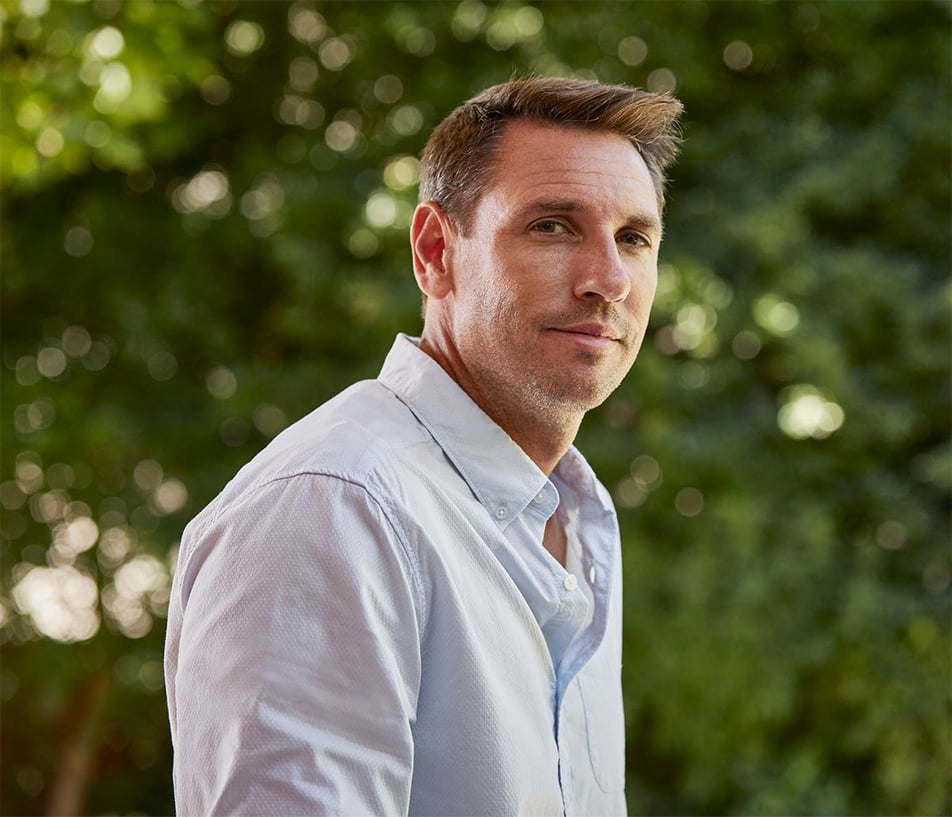

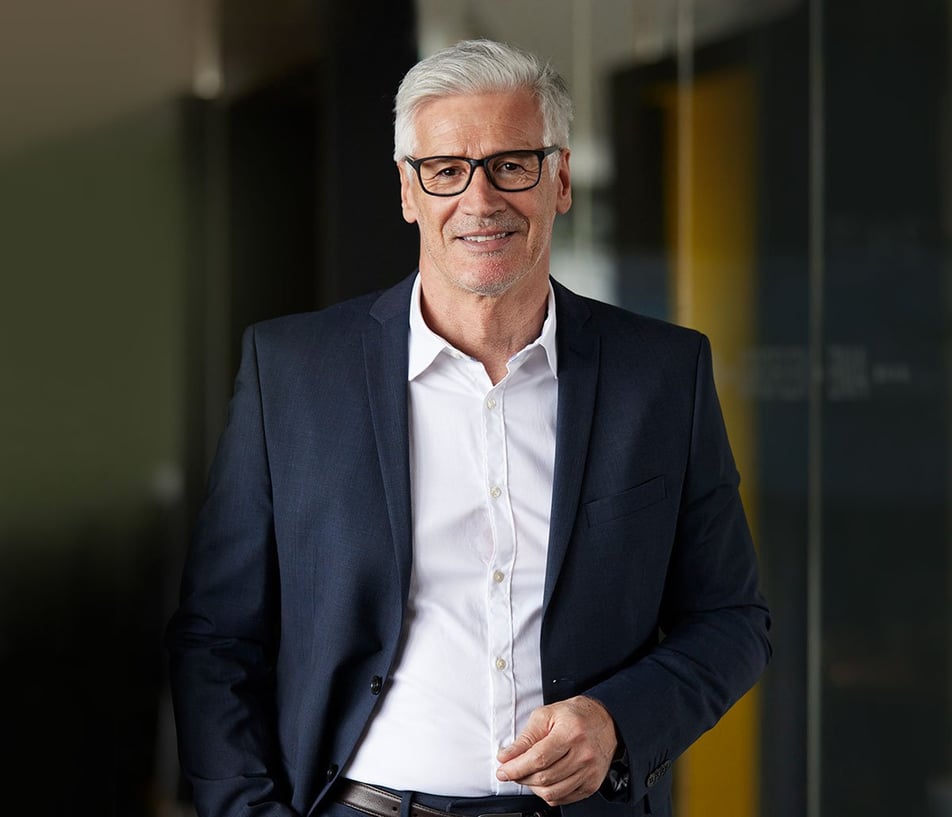

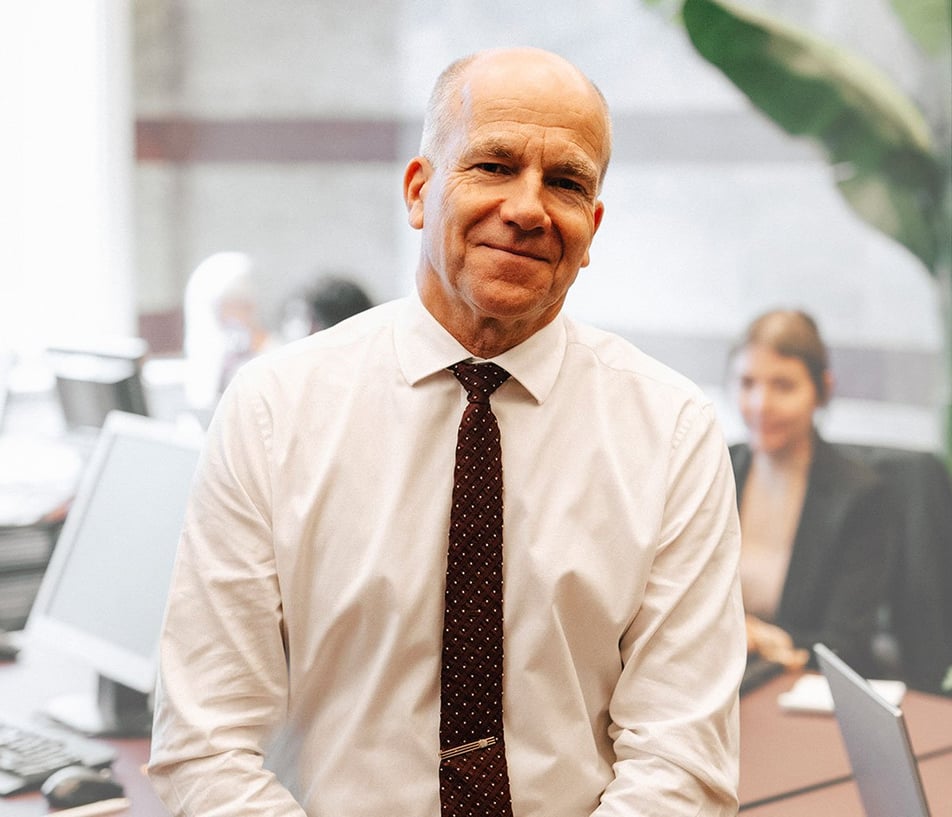
.png?width=400&height=400&name=CT-How_Can_We_Help-22_july_NewGraphic_b(small).png)

.png?width=1386&height=1224&name=2025%20Legal500%20Elite%20Boutique%20Award%20(Badge).png)
.png?width=1386&height=1224&name=ITR%20Finalist%20Practice%20Leader%20of%20Year%20Peter%20Aprile%202024%20(Badge).png)
.png?width=1386&height=1224&name=2025%20Legal500%20Leading%20Firm%20Client%20Satisfaction%20Award%20(Badge).png)
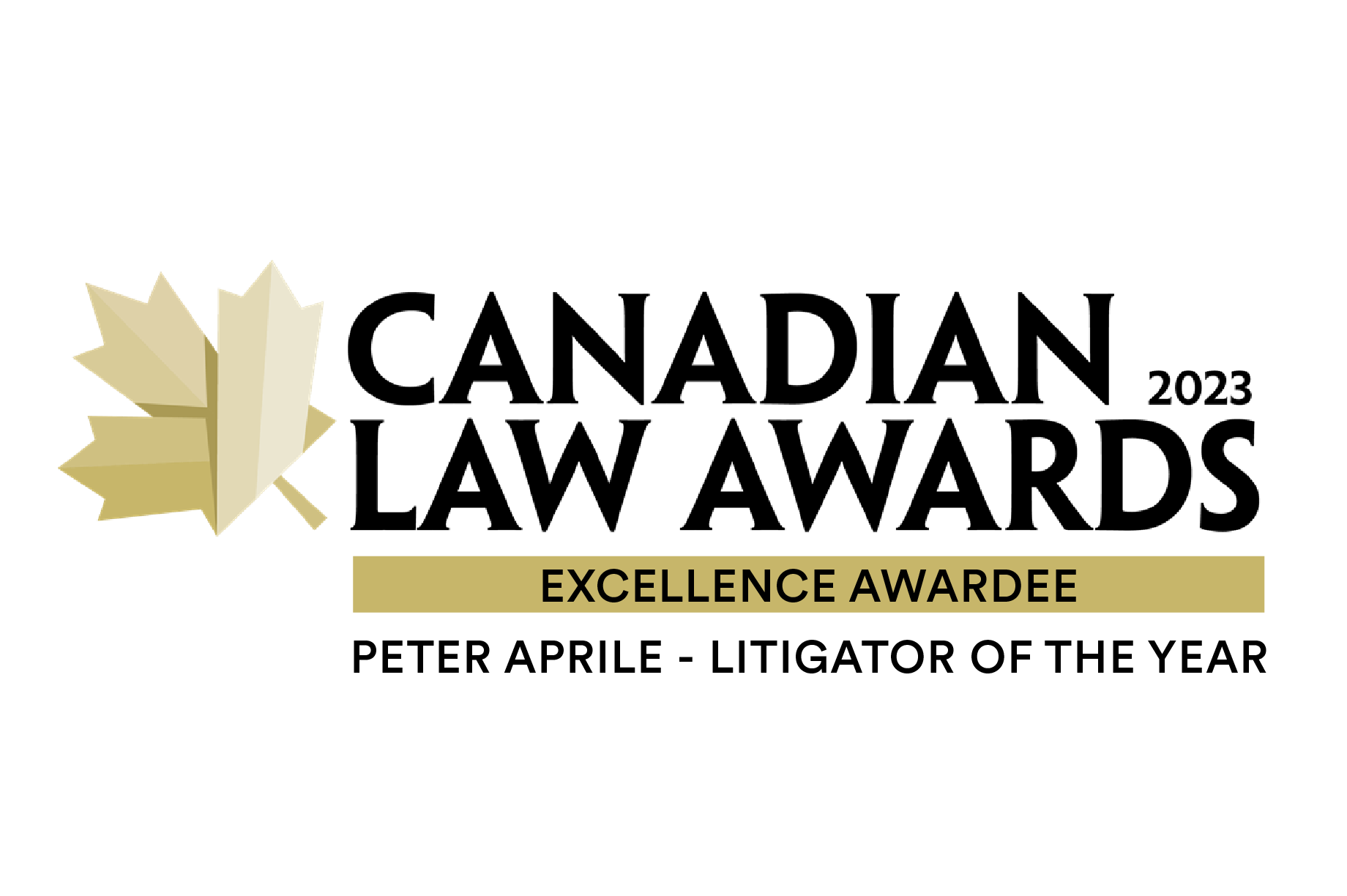
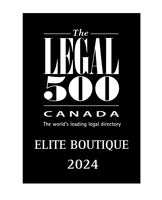

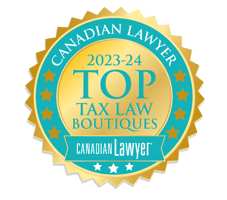
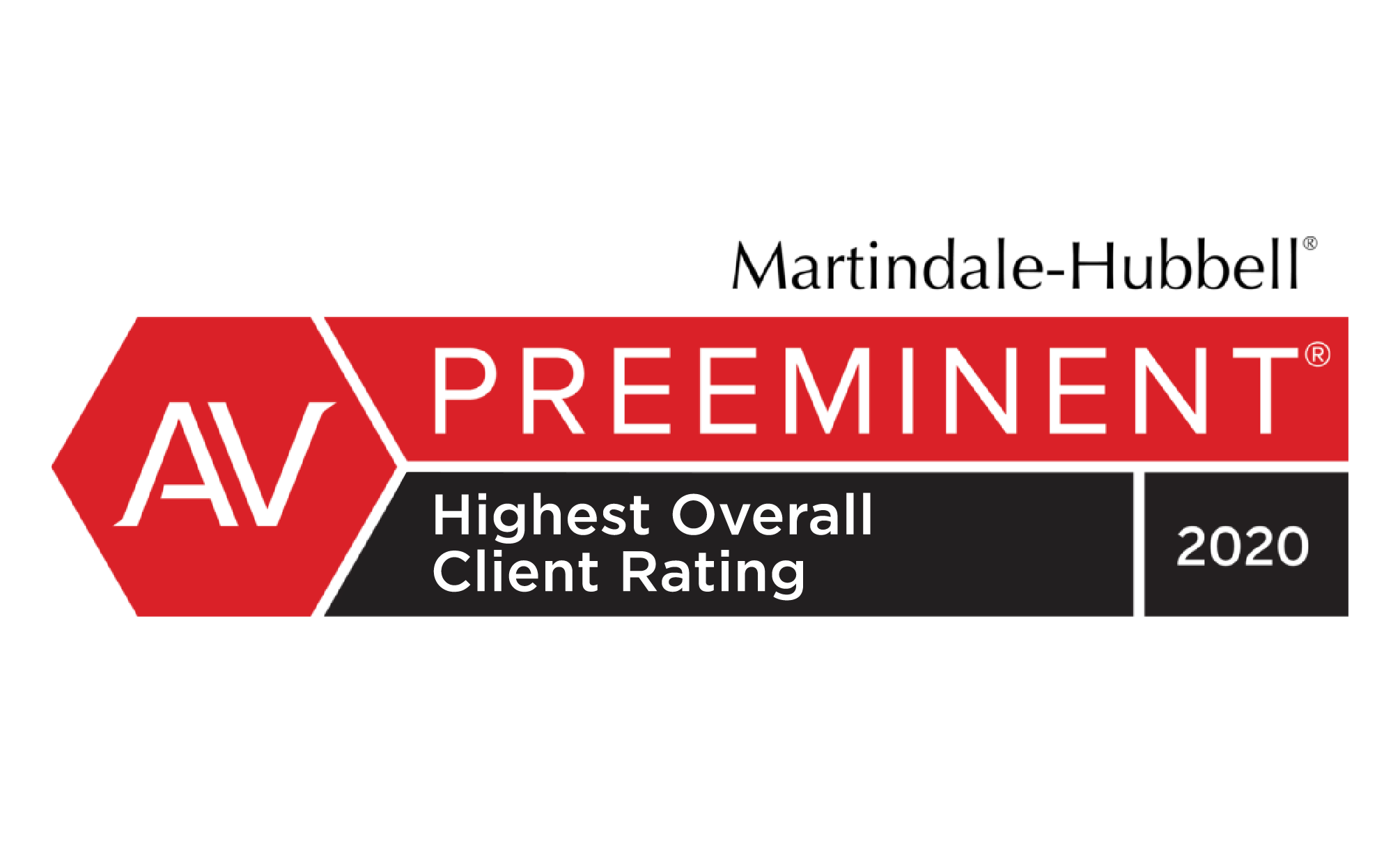
.png?width=1386&height=1224&name=ITR%20Tax%20Innovator%20Finalist%202024%20Award%20(Badge).png)

